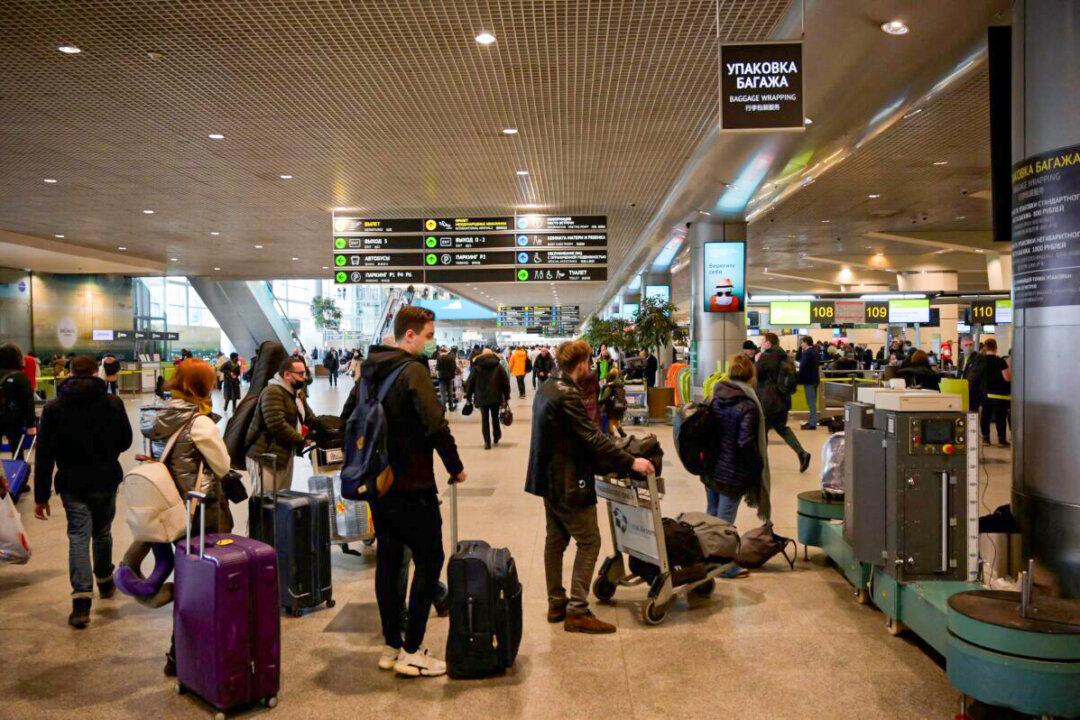Moscow is looking into what extra incentives it can utilize to persuade highly-skilled workers who have relocated abroad to return to Russia, the country’s Industry and Trade Ministry said on Monday.
President Vladimir Putin’s “special military operation” in neighboring Ukraine has prompted a mass exodus of Russians who oppose the conflict or fear that life may become harder under the strain of multiple Western sanctions.




